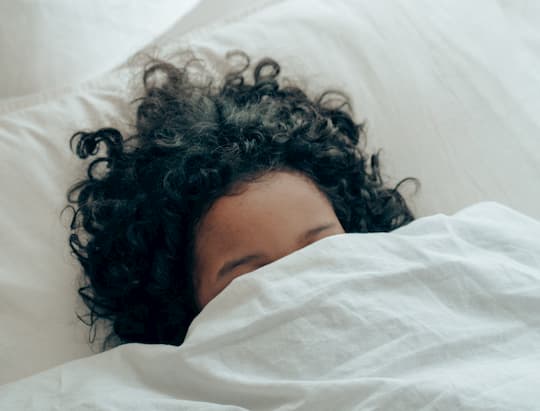Around two-thirds of adults report talking in their sleep at some point in their lives.
Most talk during sleep involves a lot of arguments and swearing, research finds.
While dreaming, people seem to be having very tense conversations involving multiple f-words.
One theory about the purpose of dreams is that it is how the brain processes threats.
This could help explain why sleep-talk is so negative.
Why do people talk in their sleep?
The French research monitored 230 people while they slept in the lab.
Most people did not speak that often while asleep, the researchers found.
However, when they did, it was usually to say something negative, like “no” or to swear.
The f-word was recorded 800 times more frequently than while people were awake.
The authors write:
“…sleep talking may correspond to the “punch line” of a conversation, i.e., the emergent, most violent part of the iceberg of covert speech, increasing the negativity of the language and verbal abuse.”
Talking in your sleep is common
Almost two-thirds of sleep-talk was not decipherable — there was a lot of mumbling.
Utterances that could be understood were generally in grammatically correct form.
This suggests the brain is working at a high level during sleep — perhaps similarly to the waking brain.
Certainly, brain scans of people sleeping show high levels of activity during dreaming.
The study’s authors conclude:
“Sleep talking parallels awake talking for syntax, semantics, and turn-taking in conversation, suggesting that the sleeping brain can function at a high level.
Language during sleep is mostly a familiar, tensed conversation with inaudible others, suggestive of conflicts.”
Sleep talking, which is known as ‘somniloquy’, is relatively common, the authors write:
“In epidemiological studies, as many as 66.8% of adults
report having ever talked during their sleep, but only 6.3% of adults speak at least once a week.Most adults experiencing sleep talking already sleep talked as children.
Sleep talking is equally distributed among girls and boys and is mostly familial.”
The study was published in the journal Sleep (Arnulf et al., 2017).

